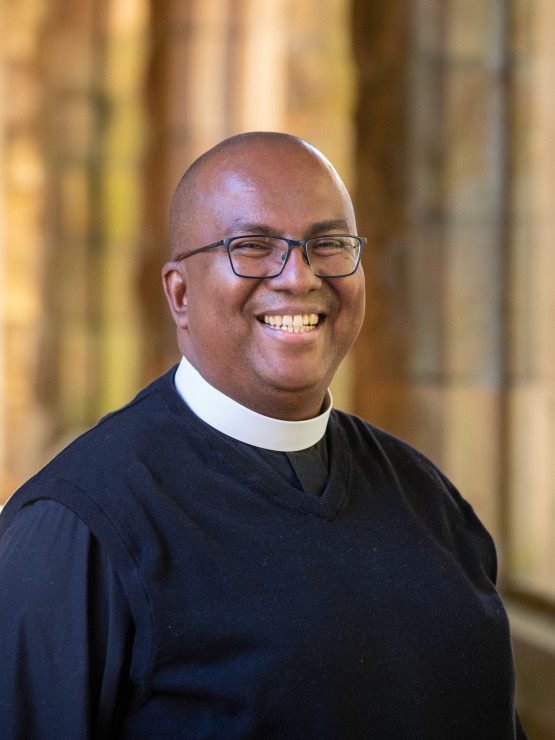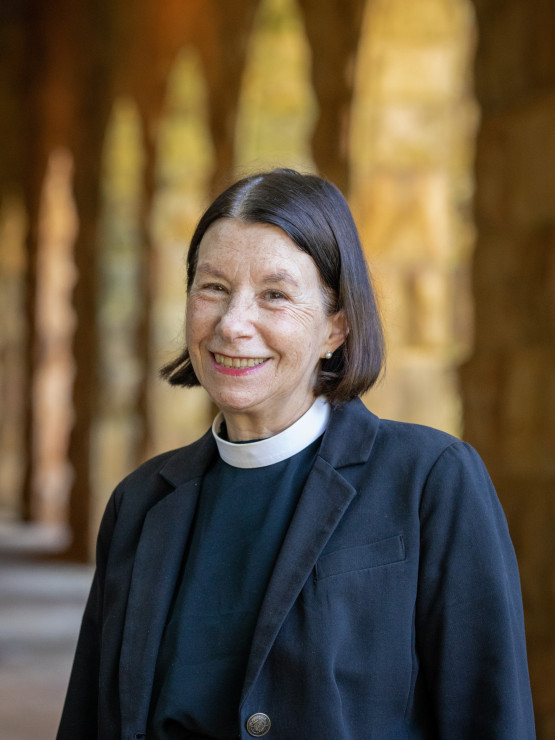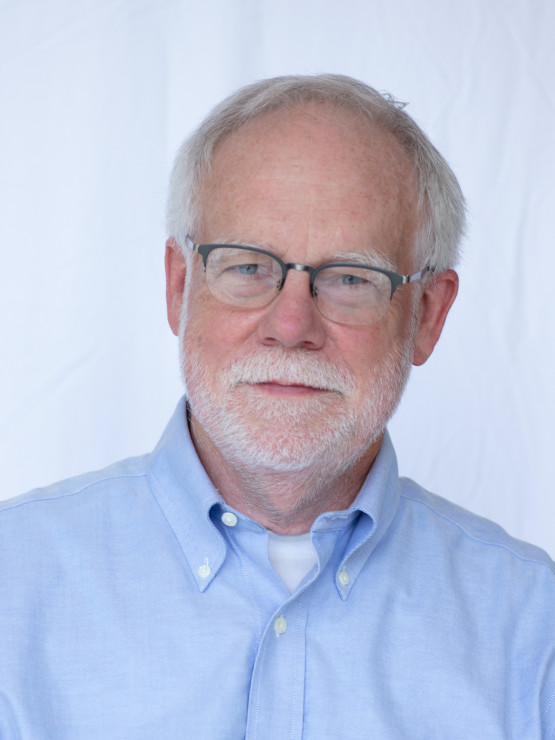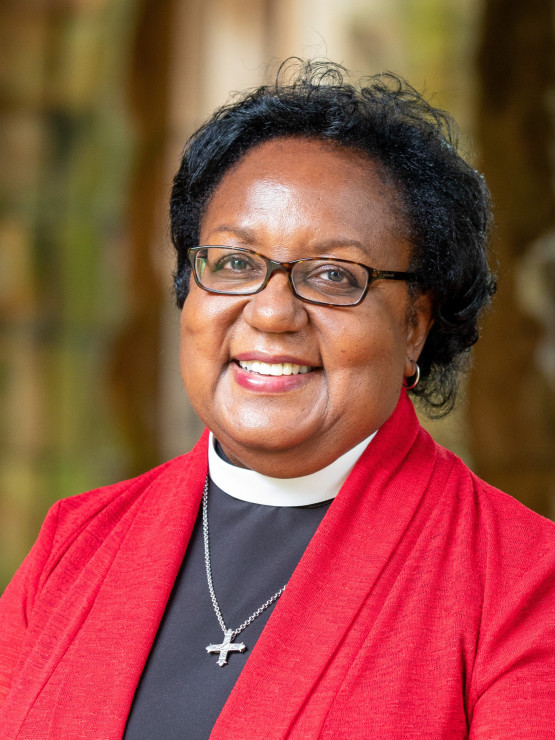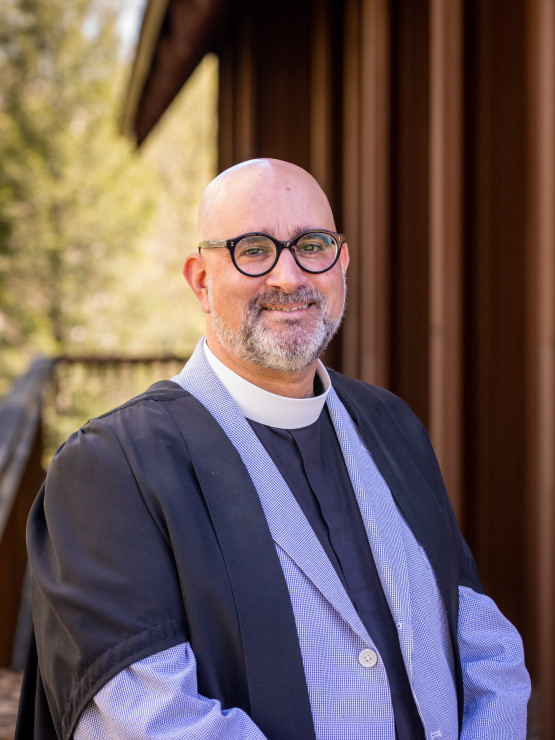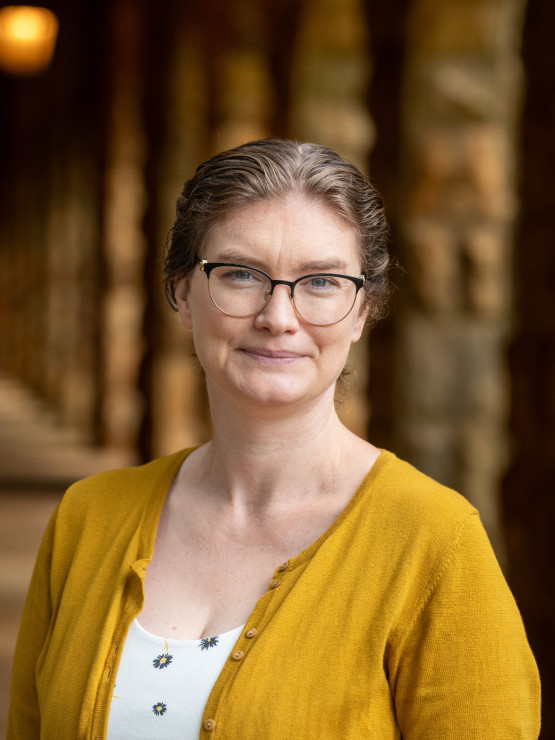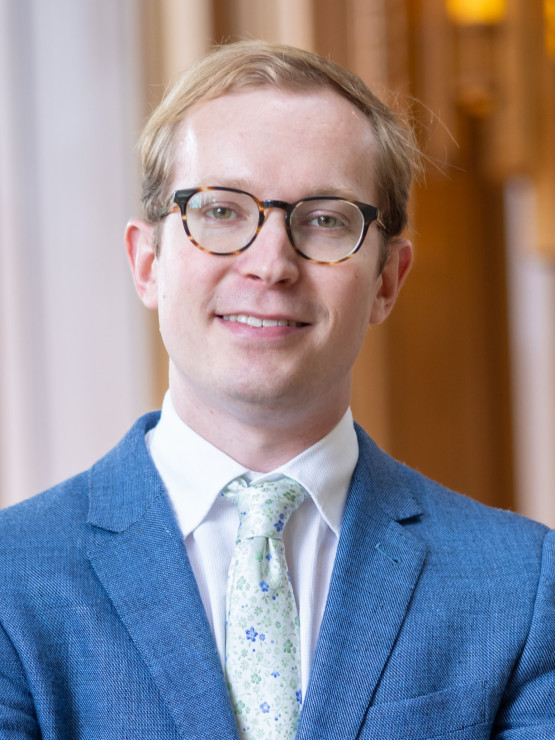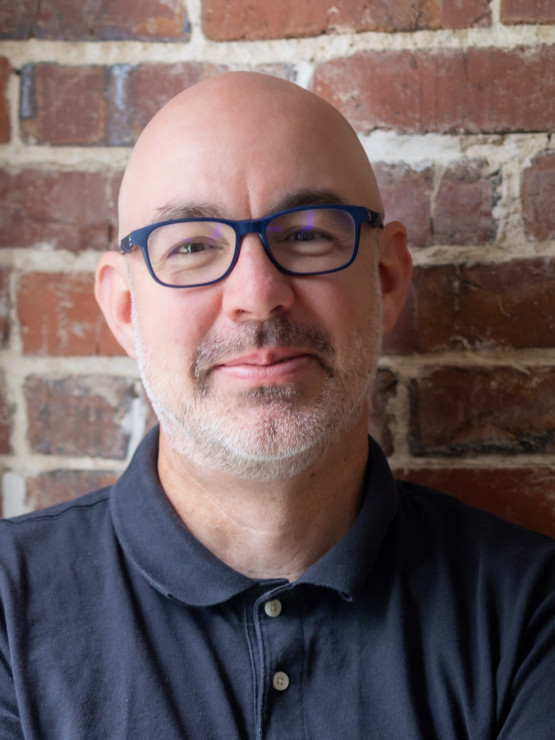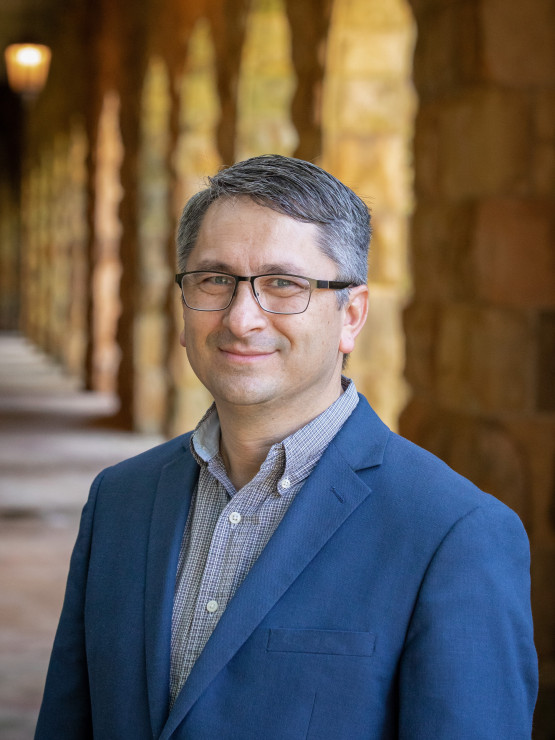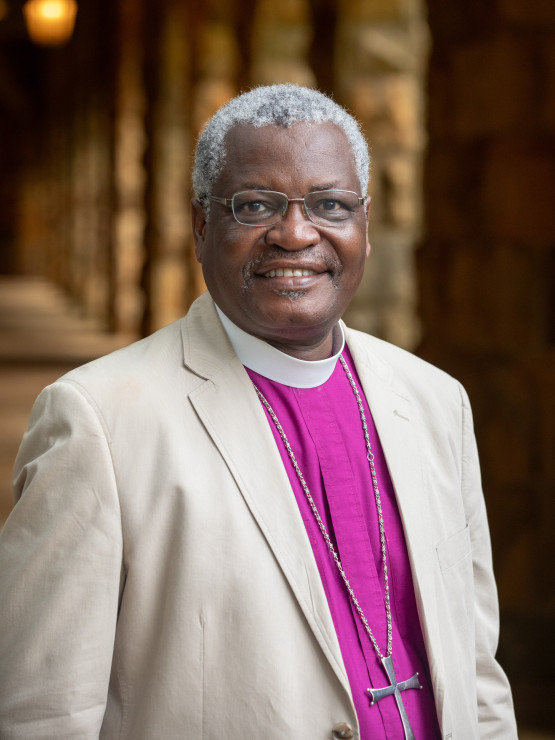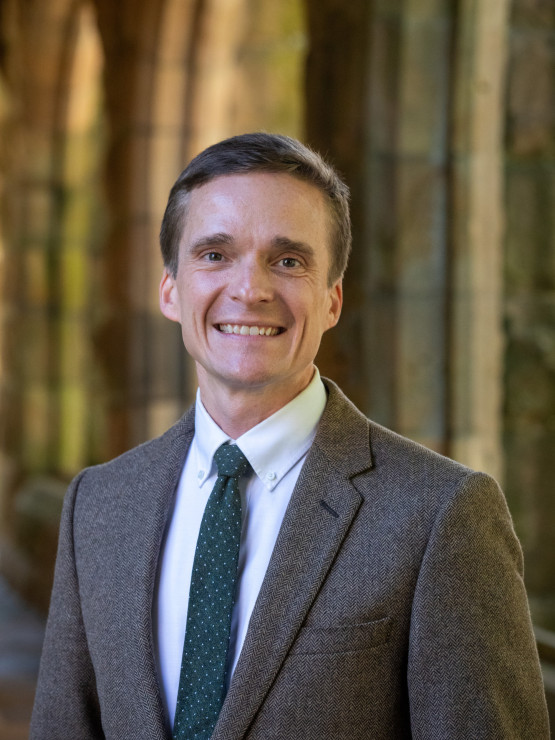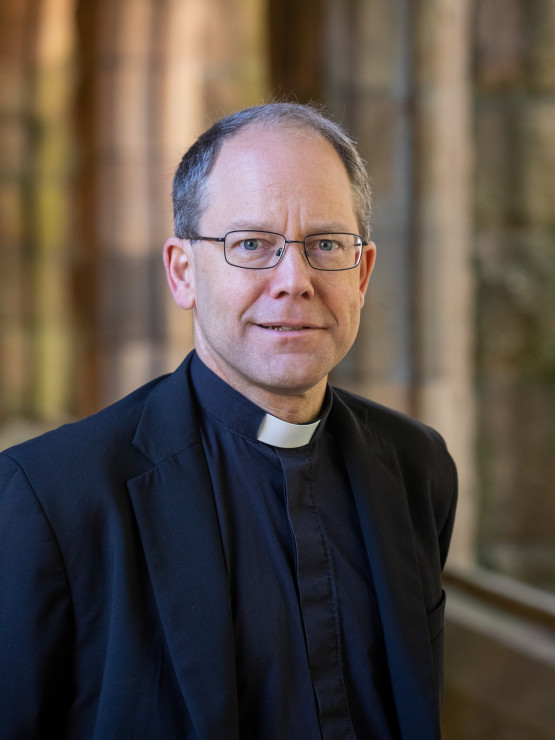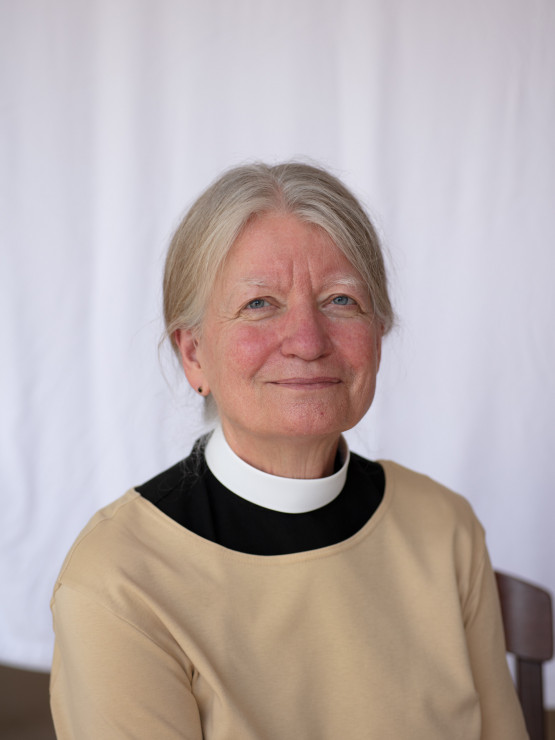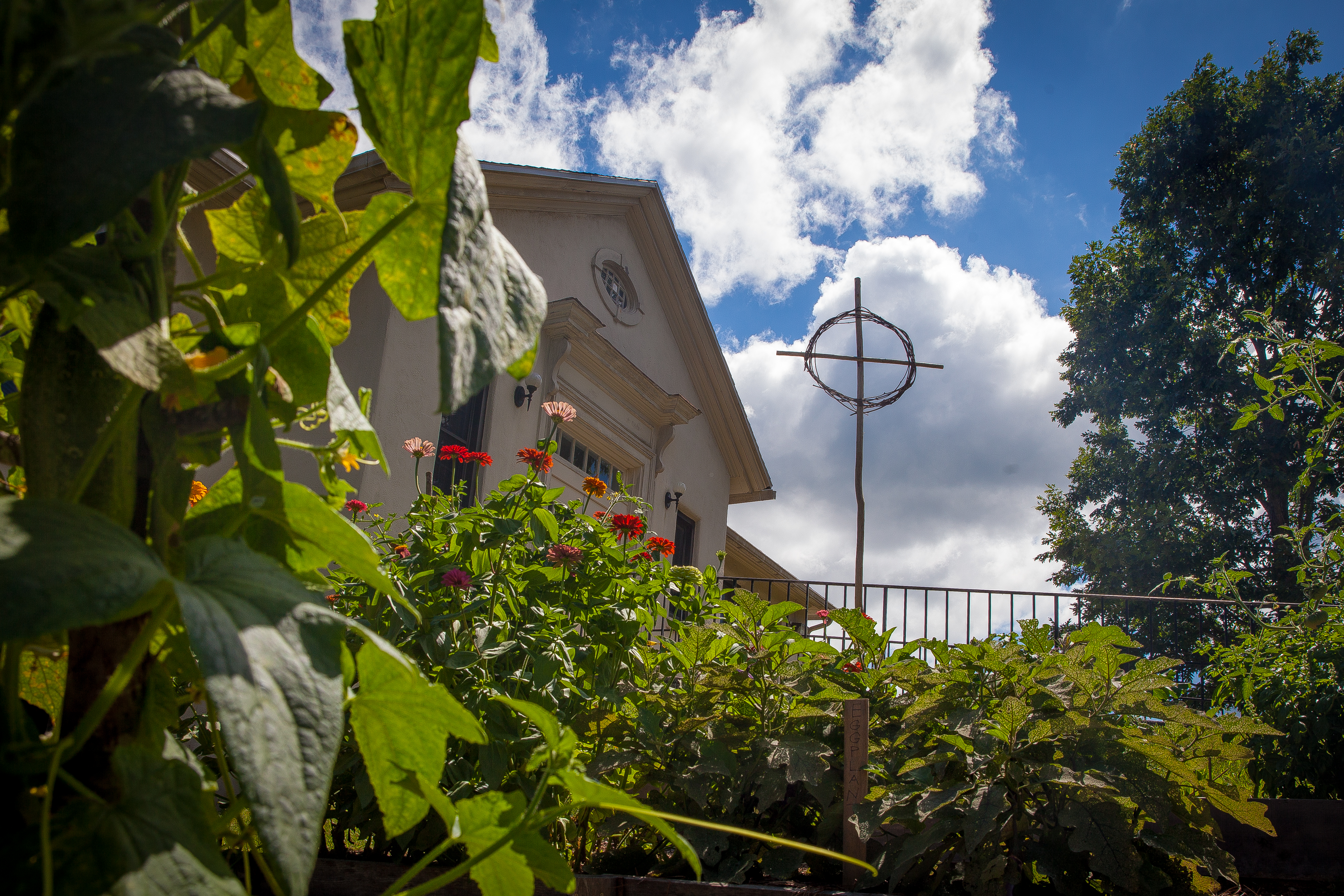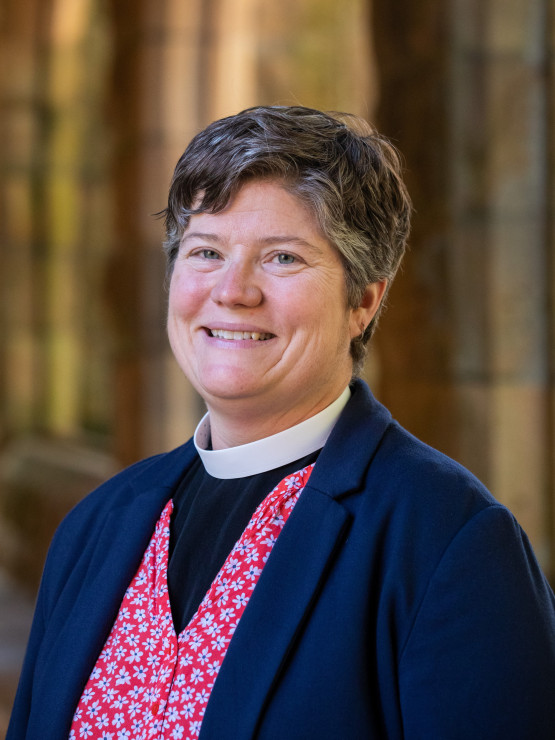
Assistant Professor of Liturgy
I am a historian and priest by training and vocation, and seek to bring both of those perspectives into my classrooms as we explore the history and practice of Anglican liturgy. My academic interests are in the intersections of religion and politics in early modern Britain and Ireland, and through that work I have to come to appreciate deeply the ways our Prayer Book has always been in conversation with the world around us. That interplay—between the prayers gifted to us by the Church, and our present realities—is central to my teaching about the liturgy and its history. I want my students to leave seminary with an understanding of the history and theology of the Prayer Book, and from that understanding to be equipped to make liturgical decisions that have both liturgical and theological integrity.
